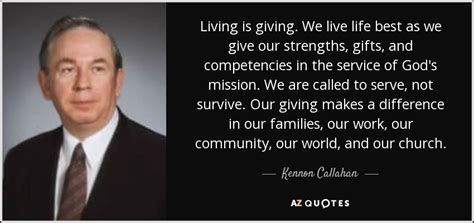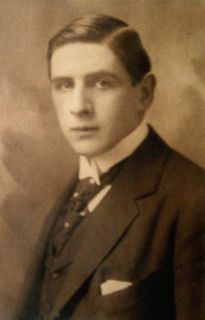A Quote by Charles Caleb Colton
We devote the activity of our youth to revelry and the decrepitude of our old age to repentance: and we finish the farce by bequeathing our dead bodies to the chancel, which when living, we interdicted from the church.
Related Quotes
Books are a guide in youth, and an entertainment for age. They support us under solitude, and keep us from being a burden to ourselves. They help us to forget the crossness of men and things, compose our cares and our passions, and lay our disappointments asleep. When we are weary of the living, we may repair to the dead, who have nothing of peevishness, pride or design in their conversation.
We think in youth that our bodies are identical to ourselves and have the same interests, but discover later in life that they are heartless companions who have been accidentally yoked with us, and who are as likely as not, in our extreme sickness or old age, to treat us with less mercy than we would have received at the hands of the worst bandits.
Another misconception is that if we truly loved someone, we will never finish with our grief, as if continued sorrow is a testimonial to our love. But true love does not need grief to support its truth. Love can last in a healthy and meaningful way, once our grief is dispelled. We can honor our dead more by the quality of our continued living than by our constantly remembering the past.
More than anything else, kindness is a way of life. It is a way of living and walking through life. It is a way of dealing with all that is-our selves, our bodies, our dreams and goals, our neighbors, our competitors, our enemies, our air, our earth, our animals, our space, our time, and our very consciousness. Do we treat all creation with kindness? Isn't all creation holy and divine?
According to energy medicine, we are all living history books. Our bodies contain our histories- every chapter, line and verse of every event and relationship in our lives. As our lives unfold, our biological health becomes a living, breathing biographical statement that conveys our strengths, weaknesses, hopes and fears.
Through repentance the filth of our foul actions is washed away. After this, we participate in the Holy Spirit, not automatically, but according to the faith, humility and inner disposition of the repentance in which our soul is engaged. For this reason it is good to repent each day as the act of repentance is unending.
Let us assume that entertainment is the sole end of reading; even so I think you would hold that no mental employment is so broadening to the sympathies or so enlightening to the understanding. Other pursuits belong not to all times, all ages, all conditions; but this gives stimulus to our youth and diversion to our old age; this adds a charm to success, and offers a haven of consolation to failure. Through the night-watches, on all our journeyings, and in our hours of ease, it is our unfailing companion.
Other relaxations are peculiar to certain times, places and stages of life, but the study of letters is the nourishment of our youth, and the joy of our old age. They throw an additional splendor on prosperity, and are the resource and consolation of adversity; they delight at home, and are no embarrassment abroad; in short, they are company to us at night, our fellow travelers on a journey, and attendants in our rural recesses.




































